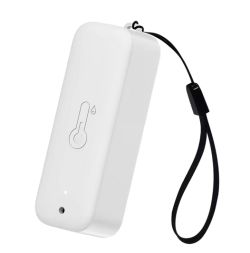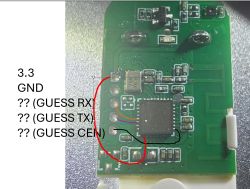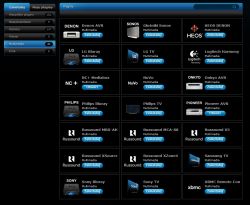Hi
I am building a new house. I would like to choose a system that is reliable but also quite versatile. I am not an electrician, but I can program. However, I would like the application to be operated by my wife. I also want to be able to develop and connect new devices in the future, not necessarily from the same company.
I would like to connect everything I need at home: garage door, cameras, underfloor heating, sprinklers in the garden, lighting in the garden, weather station, etc.
I was thinking of Fibaro or Home Assistant.
P.s. Can I connect third party devices operating via wifi or z-wave to Fibaro?
I am building a new house. I would like to choose a system that is reliable but also quite versatile. I am not an electrician, but I can program. However, I would like the application to be operated by my wife. I also want to be able to develop and connect new devices in the future, not necessarily from the same company.
I would like to connect everything I need at home: garage door, cameras, underfloor heating, sprinklers in the garden, lighting in the garden, weather station, etc.
I was thinking of Fibaro or Home Assistant.
P.s. Can I connect third party devices operating via wifi or z-wave to Fibaro?







